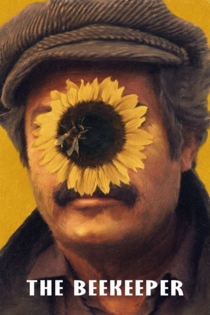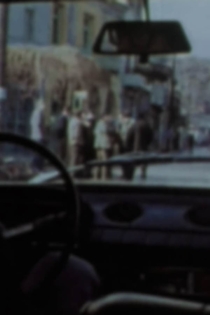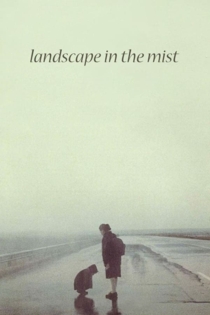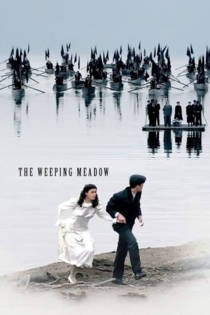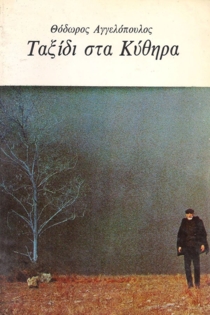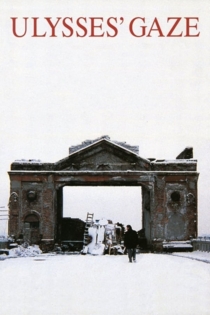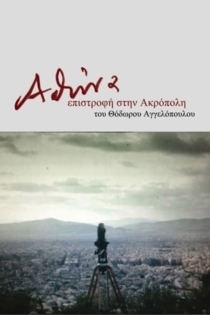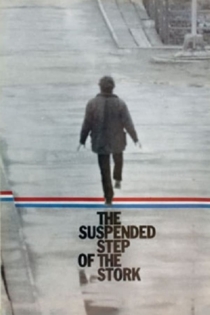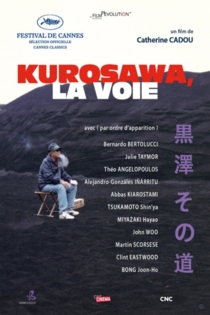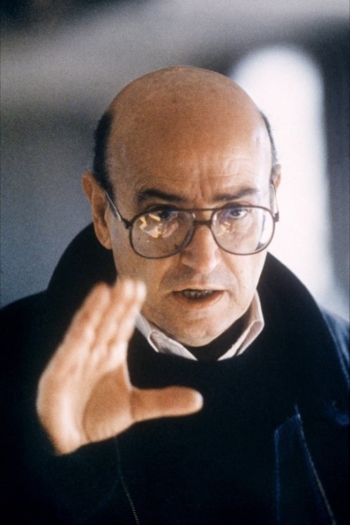
Theo Angelopoulos
1935 - 2012An acclaimed and multi-awarded film director who dominated the Greek art film industry from 1975 on, Angelopoulos was one of the most influential and widely respected filmmakers in the world. He started making films in 1967. In the 1970s he made a series of political films about modern Greece.
Angelopoulos' work, described by Martin Scorsese as that of "a masterful filmmaker", is characterized by slightest movement, slightest change in distance, long takes, and complex yet carefully composed scenes; his cinematic method, as a result, is often described as "sweeping" and "hypnotic."
In 1998 his film Eternity and a Day went on to win the prestigious Palme d'Or at the 51st edition of the Cannes Film Festival, and his films have been shown at many of the world's most esteemed film festivals. In 2000 he was the President of the Jury at the 22nd Moscow International Film Festival. The life of Theo Angelopoulos, his work, and his passion were the subject of a documentary directed in 2008 by Elodie Lelu.
Angelopoulos died late on Tuesday, 24 January 2012, at 76 years old after being involved in a crash with a motorcycle ridden by an off-duty police officer. He was taken to hospital, where he was treated in an intensive care unit but succumbed to his serious injuries several hours later.
Description above from the Wikipedia article Theo Angelopoulos, licensed under CC-BY-SA, full list of contributors on Wikipedia.
The Travelling Players
Theo Angelopoulos
Eva Kotamanidou, Vangelis Kazan
This expansive Greek drama follows a troupe of theater actors as they perform around their country during World War II. While the production that they put on is entitled "Golfo the Shepherdess," the thespians end up echoing scenes from classic Greek tales in their own lives, as Elektra plots revenge on her mother for the death of her father, and seeks help from her brother, Orestes, a young anti-fascist rebel.
The Travelling Players
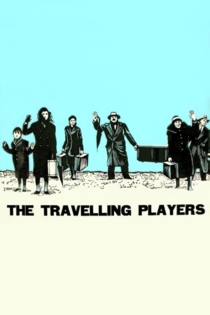
Affection to the People
Vasilis Douvlis, Vassilis Douvlis
Ilias Markou, Georgia Anesti
A documentary about cinema censorship during the dictatorship in Greece (1967- 1974), based on never-before-seen state archives. The film includes clips of films which were either censored or banned, newsreels of that era, interviews with famous directors and also secret documents from the reports of the Censorship Committee that are made public for the first time, portraying a revealing picture of the system’s control mechanisms and providing a fresco of that time.
Affection to the People
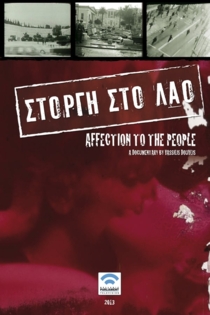
Alexander the Great
Theo Angelopoulos
Omero Antonutti, Eva Kotamanidou
Alexander, a tribal warlord and former political prisoner, kidnaps British tourists, holding them for ransom until Britain and the Greek puppet government in Athens meet his demand for amnesty for his band of freedom fighters.
Alexander the Great
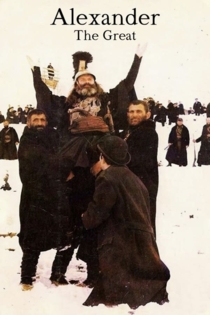
The Hunters
Theo Angelopoulos
Mairi Hronopoulou, Eva Kotamanidou
During a hunting party on New Year's Eve 1976, five representatives of the bourgeoisie encounter with their companion the body of a partisan from the Civil War of the late forties. What they are most confused about is the fact that the corpse that lies at their feet is still bleeding…
The Hunters
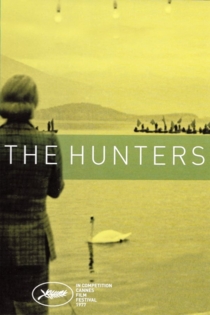
Κιέριον
Dimos Theos
Anestis Vlahos, Kyriakos Katzourakis
In this political drama, a journalist accused as a conspirator in the murder of an American colleague is released for lack of evidence, and then searches for the true culprits. Inspired by the true events of the murder of American journalist George Polk, this film was shot in 1967 and was banned by the coming military dictatorship in Greece. It had only been shown abroad, until it premiered in 1974 after the dictatorship's fall .
Kierion
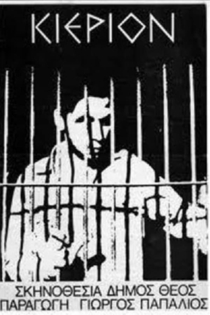
Ο Μελισσοκόμος
Theo Angelopoulos
Marcello Mastroianni, Nadia Mourouzi
Feeling himself an outsider in contemporary Greece, a schoolteacher Spyros leaves his job and family to return to his hometown, where he intends to take up the occupation of his ancestors as a beekeeper. Over the course of his road trip he visits the sites and friends of his childhood, hoping to gather the pollen of his past, but instead meets and becomes obsessed with a young hitchhiker who represents the empty hedonism of the present.
The Beekeeper
